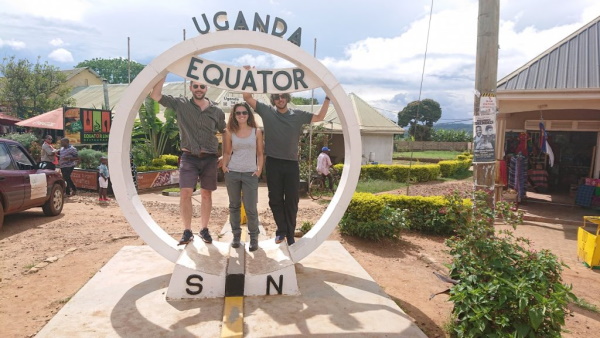Topic outline
-
Knowledge exchange is defined as a process where “universities interact with the world at large to ground their knowledge in reality.” (Benneworth, 2011, p. 9).
It must be argued that knowledge exchange that occurs in the classroom is becoming increasingly important, especially when it has been estimated that approximately 15 million students will be studying abroad by 2025 (Altbach & Teichler, 2001; Kaowiwattanakul, 2016).
Growing student mobility and diversity necessitates the need for integrating knowledge exchange in the curriculum.
Universities have the obligation to educate students to be world-minded, culturally aware and socially responsible so that they can live and work in any part of the world (Lehr, 2007).
World-minded individuals are those who possess “a cognitive and affective understanding of the totality of humanity as [a] primary reference group rather than the nationals of particular countries or regions of the world.” (Lehr, 2007, p. 181)
Knowledge exchange and expertise between students, their peers and instructors would encourage the development of global perspectives and trigger criticality as well as capacity to consider different points of view.
Knowledge exchange between students and staff from different parts of the world would also make learning more meaningful for everyone and provide opportunities for future leaders to have a more global perspective (Altbach & Teichler, 2001).
The need for universities to develop this capability in the curriculum becomes increasingly relevant, particularly because an ideal graduate is someone who has the attributes of global citizenry including intercultural awareness and global consciousness (UNESCO, 1998).
The image above shows students taking part in the Engineers Without Borders Challenge (Engineers Without Borders n.d., 'The Schools of the Future project', Schools of the Future Uganda field work ‘encouraging and enlightening, EWBNL, viewed 7 December 2019, <https://www.ewbnl.org/ewb-blog/>.
References
- Altbach, P. G., & Teichler, U. (2001). Internationalization and exchanges in a globalized university. Journal of Studies in International Education, 5(5), 5-25.
- Benneworth, P. (2011). Towards a strategic management agenda for university knowledge exchange, European platform higher education modernization ESMU, Brussels.
- Kaowiwattanakul, S. (2016). The role of international study experiences in the personal and professional development of university lecturers in the Humanities and Social Sciences fields in Thailand. The International Education Journal: Comparative Perspectives, 15(1), 58-71.
- Lehr, S. (2007). Teaching for global literacy in HE: How prepared are the educators? Journal of Studies in International Education, 11(2), 180-204.
- UNESCO. (1998, October). Higher Education in the twenty-first century: Vision and action. Paper presented at the World Conference on Higher Education. Paris: UNESCO.
 Knowledge exchange is defined as a process where “universities interact with the world at large to ground their knowledge in reality.” (Benneworth, 2011, p. 9).
Knowledge exchange is defined as a process where “universities interact with the world at large to ground their knowledge in reality.” (Benneworth, 2011, p. 9).